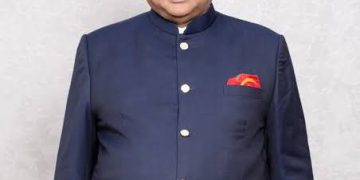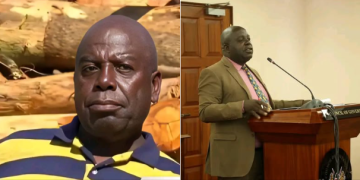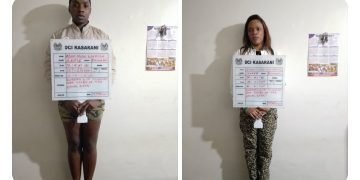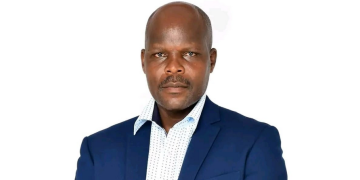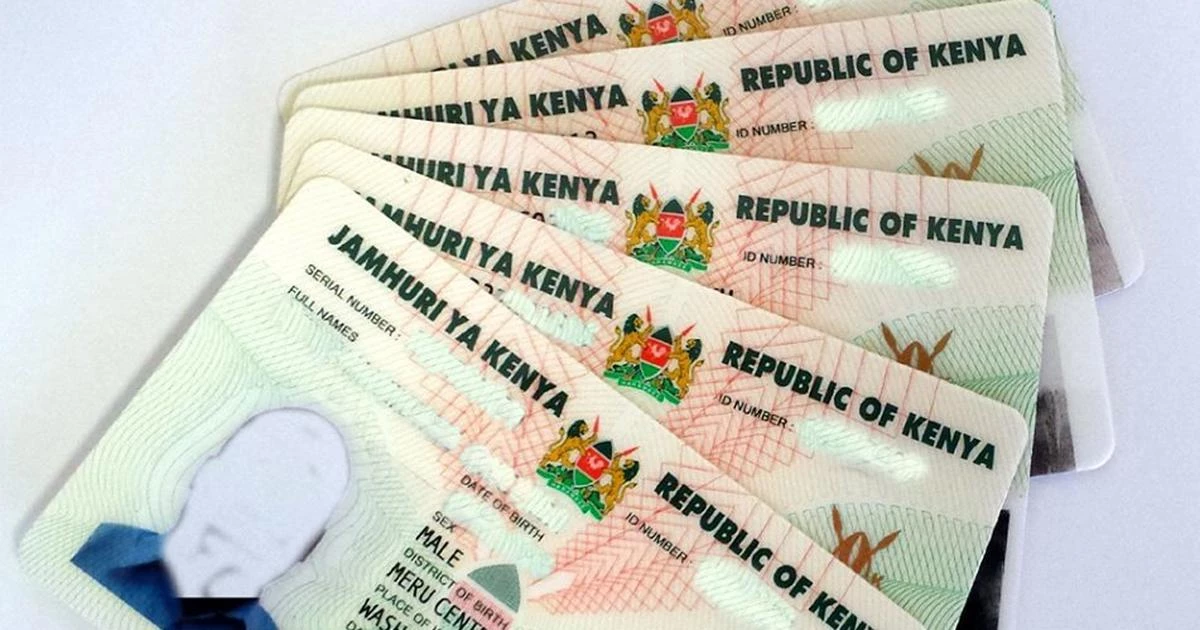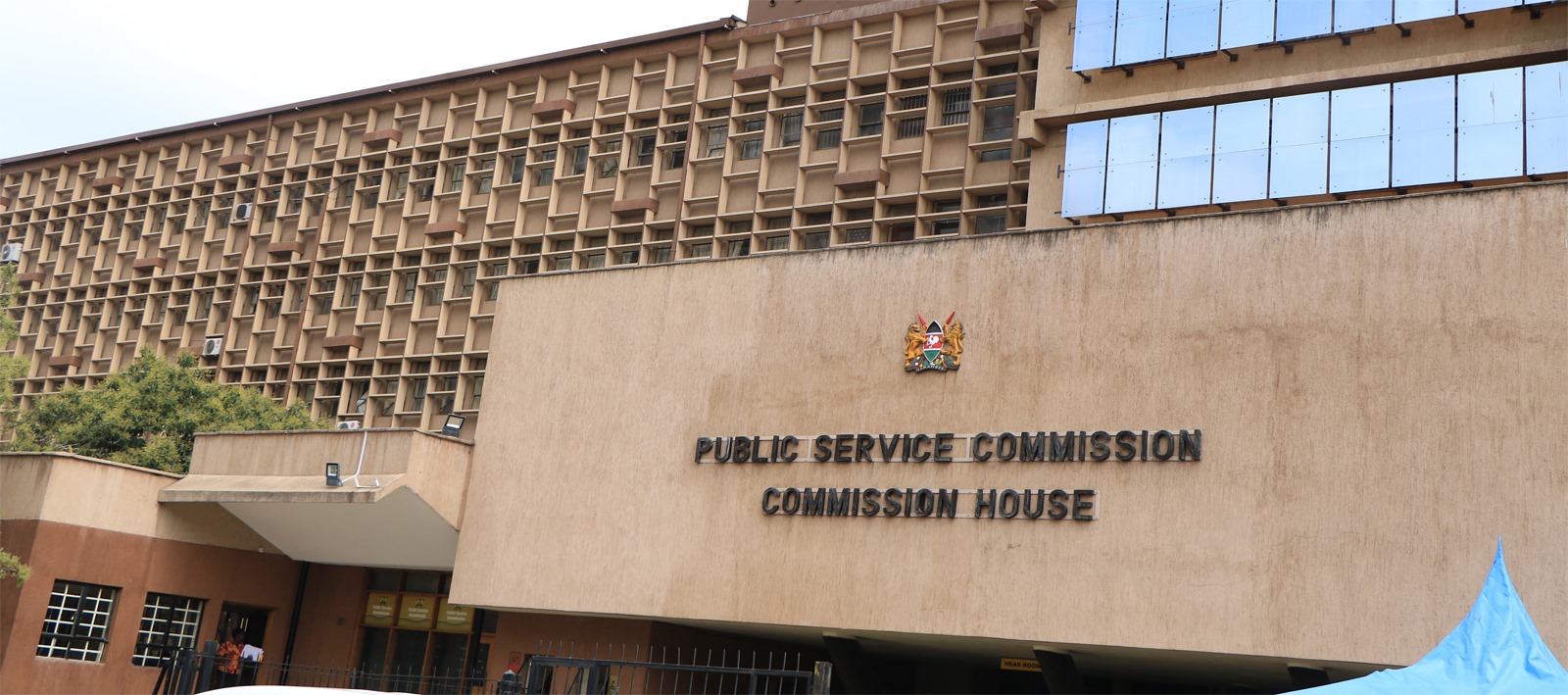Peter Ndegwa, CEO of Safaricom, has brushed down repeated rumors about his future at the massive telco as he approaches the minimum duration the company’s board requires of corner office holders—three years—in his position.
In an interview with the Business Daily, Mr. Ndegwa stated that his employment terms with Safaricom are independent of the three-year contract cycle provided to his predecessors, the late Bob Collymore and Michael Joseph, both of whom were foreign nationals.
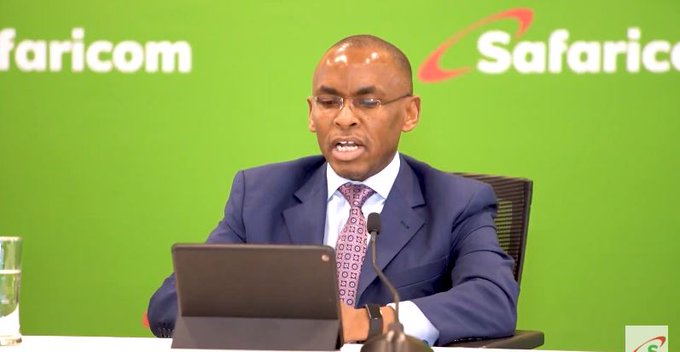
Since April 1, 2020, he has served as the CEO of the most successful business in East Africa, but in recent days, as a cruel game of musical chairs has broken out at the company’s Nairobi headquarters, he has become the subject of rumors.
“The right position is that, unlike my two predecessors who came in as expatriates, I am a Kenyan and so the issue of contract didn’t have to apply. So, when I was joining, we sat with the Board of Directors and agreed on a number of deliverables against which they would track my performance,” said Mr Ndegwa.
That, he added, is the basis against which his tenure at Safaricom would be evaluated, noting bullishly that “I can assure you that I have in the past two years achieved those key deliverables”.
“As we exit this financial year, I don’t see this being different,” he said. “So, really, there should be no question about continuity.”
Safaricom’s net profit for the year ended March 2022 — Mr Ndegwa’s second year at the firm — dropped 1.7 percent to Sh67.49 billion, hit by investments in Ethiopian operations and additional tax payments.
It booked a loss of Sh4.8 billion from the Ethiopia firm, where it has a 55.7 percent stake, and saw its tax payments jump 39.1 percent to Sh34.7 billion after the lifting of tax relief attached to the Covid-19 economic stimulus package.

Net profits had also retreated 6.8 percent in the previous year to Sh68.67 billion, which was the first full-year earnings drop in nine years.
As expatriates, the late Collymore, a Briton who was born in Guyana, and Mr Joseph were placed on three-year contracts subject to renewals.
That of Mr Joseph, who was born in South Africa, was renewed thrice while that of Mr Collymore had been extended twice by the time he died in 2019.
“My predecessors [Joseph and Collymore] were expatriates and so had to be on strict contractual terms because of our immigration laws,” Mr Ndegwa said. “I am a Kenyan and so I am not tied to the same conditions.”
Mr Joseph and Mr Collymore later acquired Kenyan citizenship in line with the law that allows dual nationality.
Mr Ndegwa spoke to the Business Daily in Mombasa on Friday, on the sidelines of a relief food distribution and community outreach programme under the auspices of the National Steering Committee on Drought Response, which he chairs.
He laughed at the suggestion that he was busy fighting the pangs of hunger occasioned by one of the worst droughts the country has witnessed in 40 years yet the rug was being pulled from under his feet back at Safaricom.
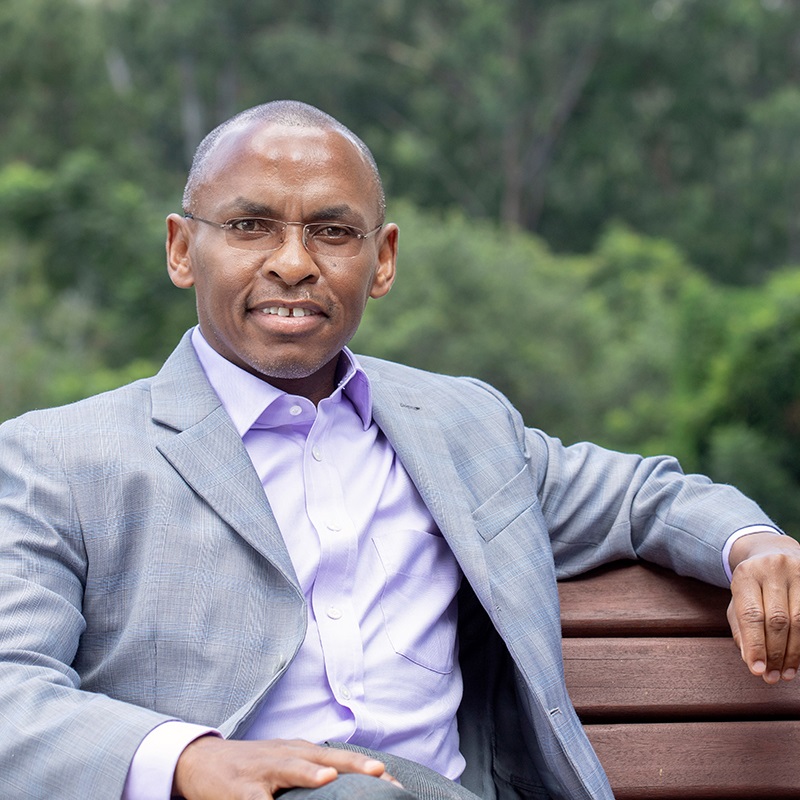
The Safaricom board on October 24, 2019, announced Mr Ndegwa as the telco’s new CEO, effective April 2020, without making his tenure public.
But the telco’s board charter—a document that offers guidance on key boardroom matters including the appointment and removal of chief executives— says a CEO serves between three and seven years, presenting a possibility that Mr Ndegwa’s tenure is not necessarily ending this month.
“The CEO shall be on a fixed-term contract of not less than three years and not more than seven years. The CEO’s contract may be extended beyond the stated duration as may be deemed necessary by the board of directors,” says the charter.
The charter was used to extend the tenure of Mr Collymore twice. His contract, which had run from November 1, 2010 was extended for two years in 2015 and by another year in 2019 when he died.
“As far as I know, his term does not end in April this year. He is employed by Safaricom and is not an expat as previous CEOs were,” said a Safaricom director in reference to Mr Ndegwa’s term while speaking on condition of anonymity.
Speculation about Mr Ndegwa’s future at the company started following changes on the board earlier in the year that saw the exit, after just five months, of Mr John Ngumi as chairman.
Mr Ngumi was replaced by Adil Arshed Khawaja, the lawyer whose career the board described as “highly distinguished” when it announced his appointment.
Mr Khawaja had joined the board as a non-executive director on the same day Mr Ngumi, an ally of President Uhuru Kenyatta, had announced his exit, on December 22 last year.
Safaricom is the region’s largest and most profitable firm, qualities that make its CEO position attractive.
It also has handsome rewards, with Mr Ndegwa having earned Sh288.93 million, including a Sh178.88 million bonus, in the year ended March last year.
Joshua Oigara, Stanbic CEO and former KCB Group chief executive, last week poured cold water on speculation that he had been lined up for the Safaricom top job.
“That (move) is not going to happen. I stay with organisations longer. I am going to be with Stanbic Bank and Standard Bank for the rest of my contract. I am 100 percent committed to Stanbic Bank,” Mr Oigara told the Business Daily.


